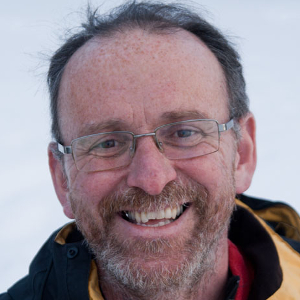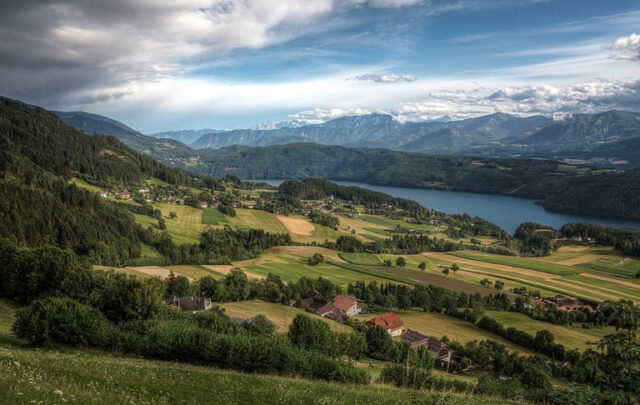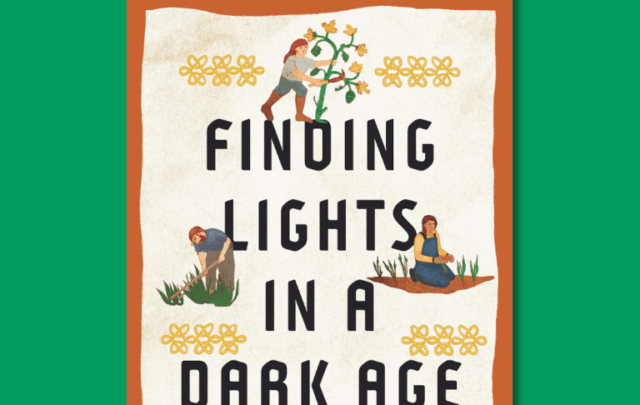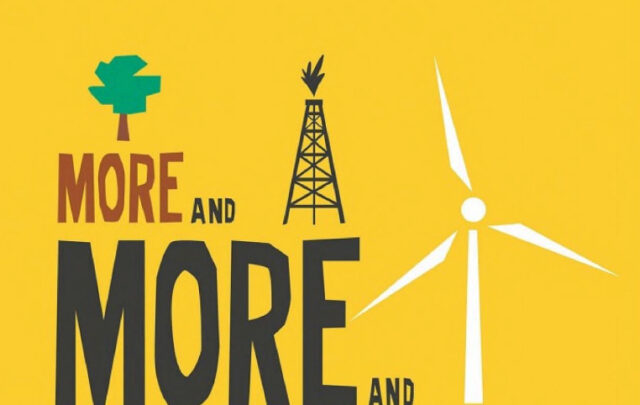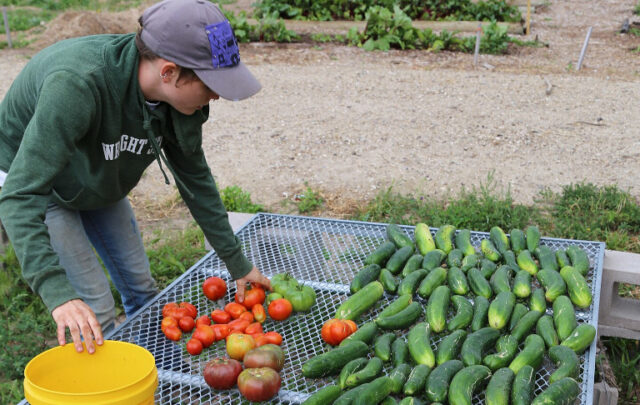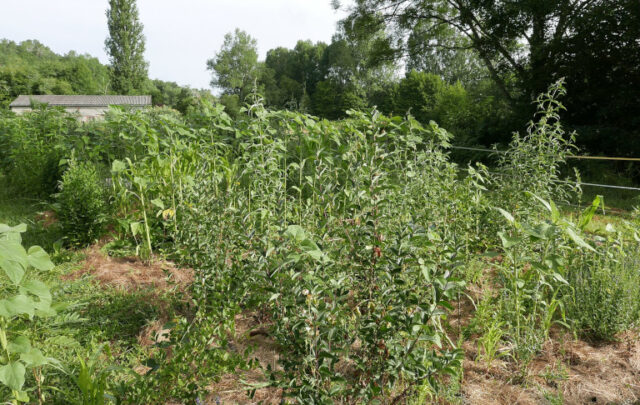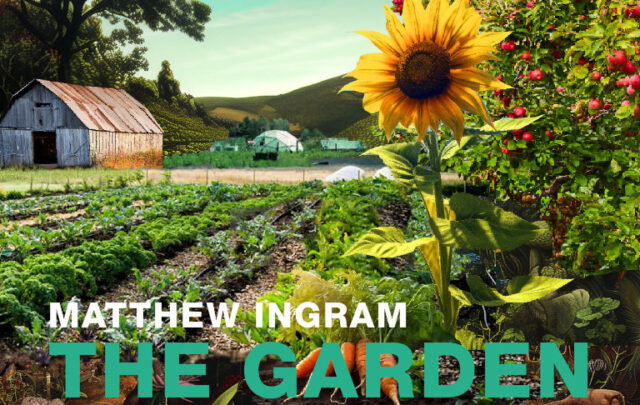After studying then teaching and researching in social science and policy, I became a small-scale commercial veg grower in 2007. Nowadays, when I’m not writing about the need to design low-impact local food systems before they’re foisted on us by default, I spend my time as an aspiring woodsman, stockman, gardener and peasant on the small farm I help to run in Somerset, southwest England
Though smallholding, small-scale farming, peasant farming, agrarianism – call it what you will – has had many epitaphs written for it over the years, I think it’s the most likely way for humanity to see itself through the numerous crises we currently face in both the Global North and South. In my writing and blogging I attempt to explain why. The posts are sometimes practical but mostly political, as I try to wrestle with how to make the world a more welcoming place for the smallholder.
Chris is the author of A Small Farm Future: Making the Case for a Society Built Around Local Economies, Self-Provisioning, Agricultural Diversity, and a Shared Earth, and most recently, Saying NO to a Farm-Free Future: The Case for an Ecological Food System and Against Manufactured Foods.


